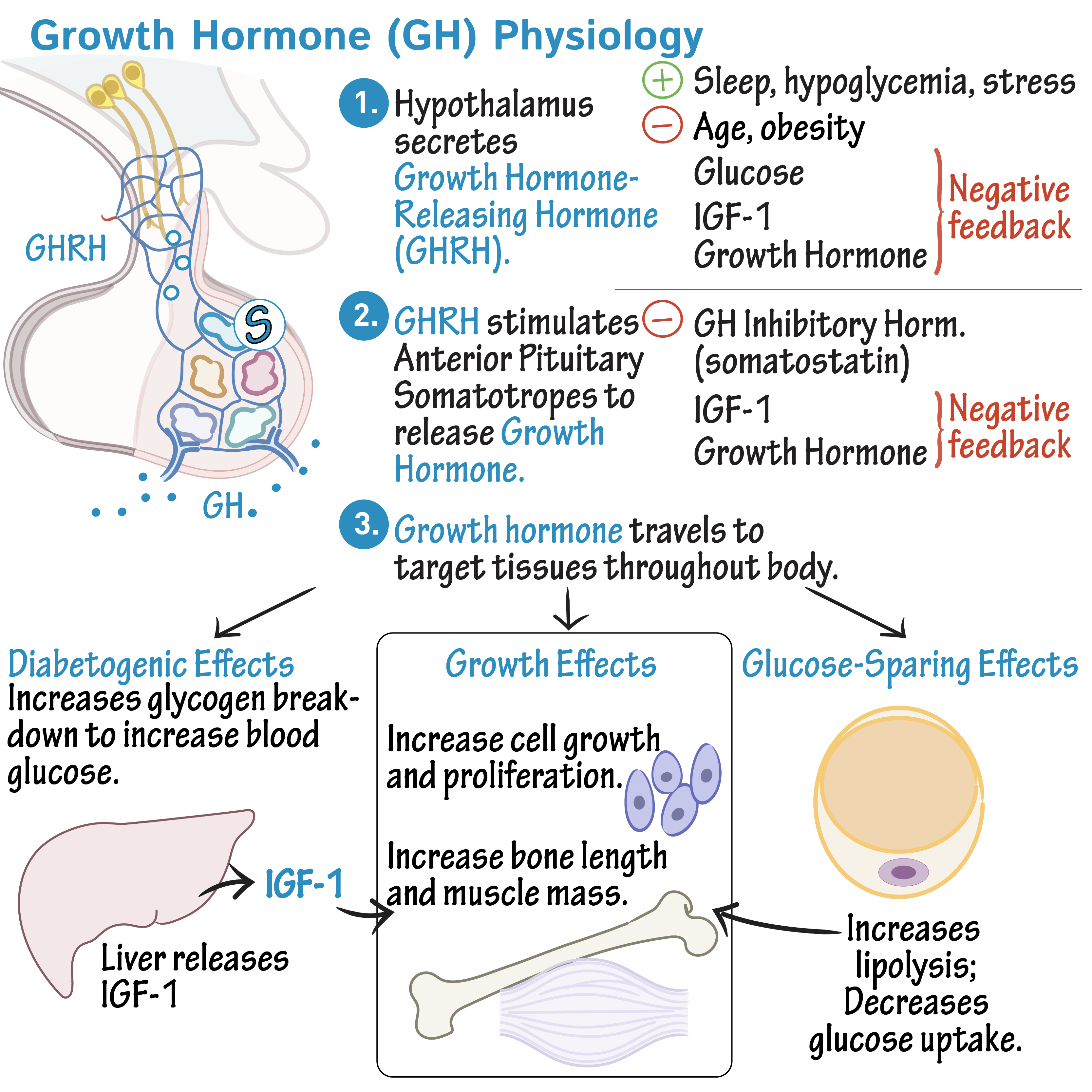The realm of human physiology often dances on the precipice of what we know and what remains shrouded in enigma. At the heart of this dance lies growth hormone (GH), a potent master conductor in the orchestra of bodily functions. While its physiological ramifications are well-studied—governing growth, metabolism, and tissue repair—emerging research suggests that the influence of growth hormone may reach deep into the labyrinth of the mind, sculpting not just bodies but also mental acuity and emotional well-being.
In many ways, growth hormone can be likened to a double-edged sword; while its effects on somatic growth are indisputable, its role in cognitive faculties is often relegated to the shadows. Picture a farmer tending to his crops, nurturing growth above the soil, while equally important roots develop unseen below. Just as the unseen roots support the robustness of the plant, growth hormone’s invisible impact on the psyche could be fundamental to understanding mental health.
There exists a burgeoning body of evidence linking growth hormone to cognitive functions such as memory retention, learning capabilities, and even mood regulation. Studies suggest that GH may have neuroprotective effects, enhancing synaptic plasticity—the brain’s ability to adapt and grow in response to new information. This capacity could be the difference between a mind that stagnates and one that flourishes with the colors of creativity and critical thinking.
Moreover, the emotional landscape is not impervious to GH’s reach. Research indicates that fluctuations in growth hormone levels might correlate with mood disorders, potentially manifesting as anxiety or depression. For example, hypopituitarism, a condition characterized by inadequate hormone secretion, can lead to feelings of lethargy, diminished joy, and cognitive fog. This reinforces the notion that the body and mind are not mere bystanders; they are participants in an intricate pas de deux, influenced by the invisible yet palpable force of growth hormone.
What if we could harness the latent powers of growth hormone to enrich mental health? The implications are both tantalizing and formidable. The idea of utilizing GH therapies not only for physical enhancement but also as a strategic approach to bolster mental resilience opens new avenues of exploration in psychology and endocrinology alike. The potential for biohacking our cognitive abilities through hormonal manipulation could revolutionize how we perceive intelligence and emotional well-being.
In conclusion, as we peel back the layers of growth hormone’s multifaceted effects, a distinctive narrative emerges—one that transcends bipartite classifications of physical versus mental. It beckons society to rethink and reshape our understanding of well-being. Growth hormone is not merely a facilitator of physical growth; it is, in many ways, an architect of the mind’s landscape, charting territories of thought, emotion, and growth beyond the corporeal realm.
